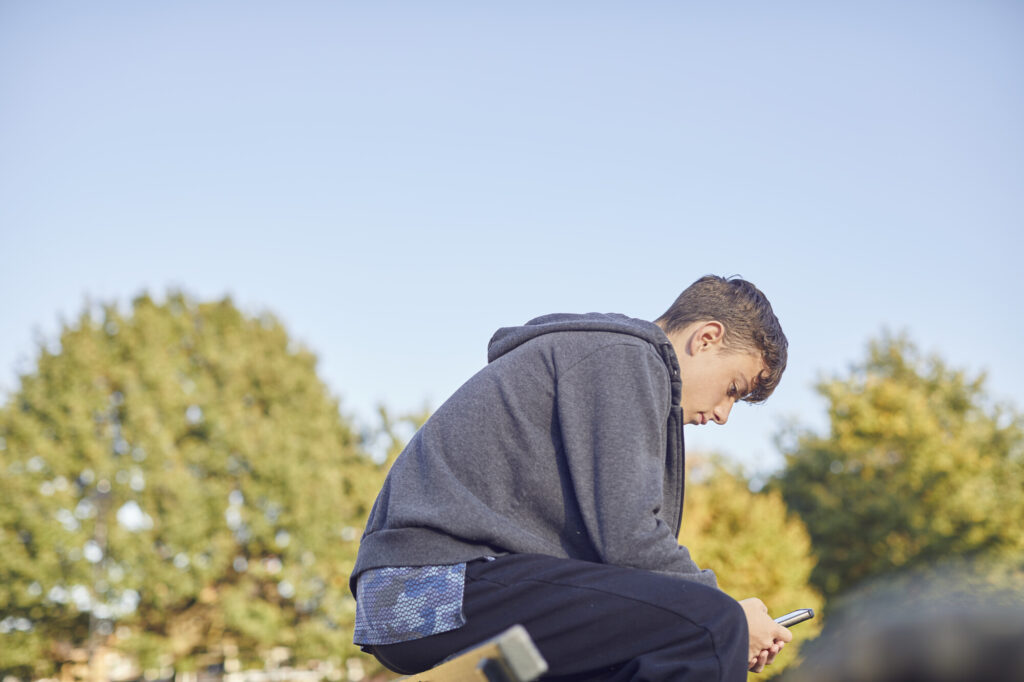MORE than 3,500 online grooming crimes against children have been recorded by Police Scotland since 2017, new figures reveal today.
The data has been published by the National Society for the Prevention of Cruelty to Children (NSPCC), which was acquired from Police Scotland through freedom of information requests.
The new research shows that in Scotland, 1,873 offences took place against primary school children, with under-13s making up more than half of victims.
This data showing the scale of child sexual abuse taking place on social media comes ahead of MPs and Lords making final decisions on the Online Safety Bill next month.

The NSPCC first called for social media regulation to protect children from sexual abuse in 2017 and has been campaigning for robust legislation ever since.
The charity said the number of offences is likely to be far higher than those known to police.
In response, they are urging politicians on all sides to support the Bill in its final stages and pass the new legislation.
The legislation will mean tech companies have a legal duty of care for young users and must assess their products for child abuse risks and put mitigations in place to protect children.
It will give the regulator Ofcom powers to address significant abuse taking place in private messaging and require companies to put safeguards in place to identify and disrupt abuse in end-to-end encrypted environments.
The NSPCC said these measures are vital to effectively protect children from the most insidious abuse and recent polling shows they are backed by more than seven in ten voters.
The NSPCC is also seeking assurances that the legislation will effectively regulate AI and immersive technology and wants an online child safety advocacy body specifically to speak with and for children as part of the day-to-day regulatory regime.
They argue that this will help spot emerging risks and fight for the interests and safety of children before tragedies arise.
Sir Peter Wanless, NSPCC Chief Executive said: “Today’s research highlights the sheer scale of child abuse happening on social media and the human cost of fundamentally unsafe products.
“The number of offences must serve as a reminder of why the Online Safety Bill is so important and why the ground-breaking protections it will give children are desperately needed.
“We’re pleased the Government has listened and strengthened the legislation so companies must tackle how their sites contribute to child sexual abuse in a tough but proportionate way, including in private messaging.
“It’s now up to tech firms, including those highlighted by these stark figures today, to make sure their current sites and future services do not put children at unacceptable risk of abuse.”
The NSPCC is a children’s charity fighting to end child abuse in the UK and Channel Islands.
